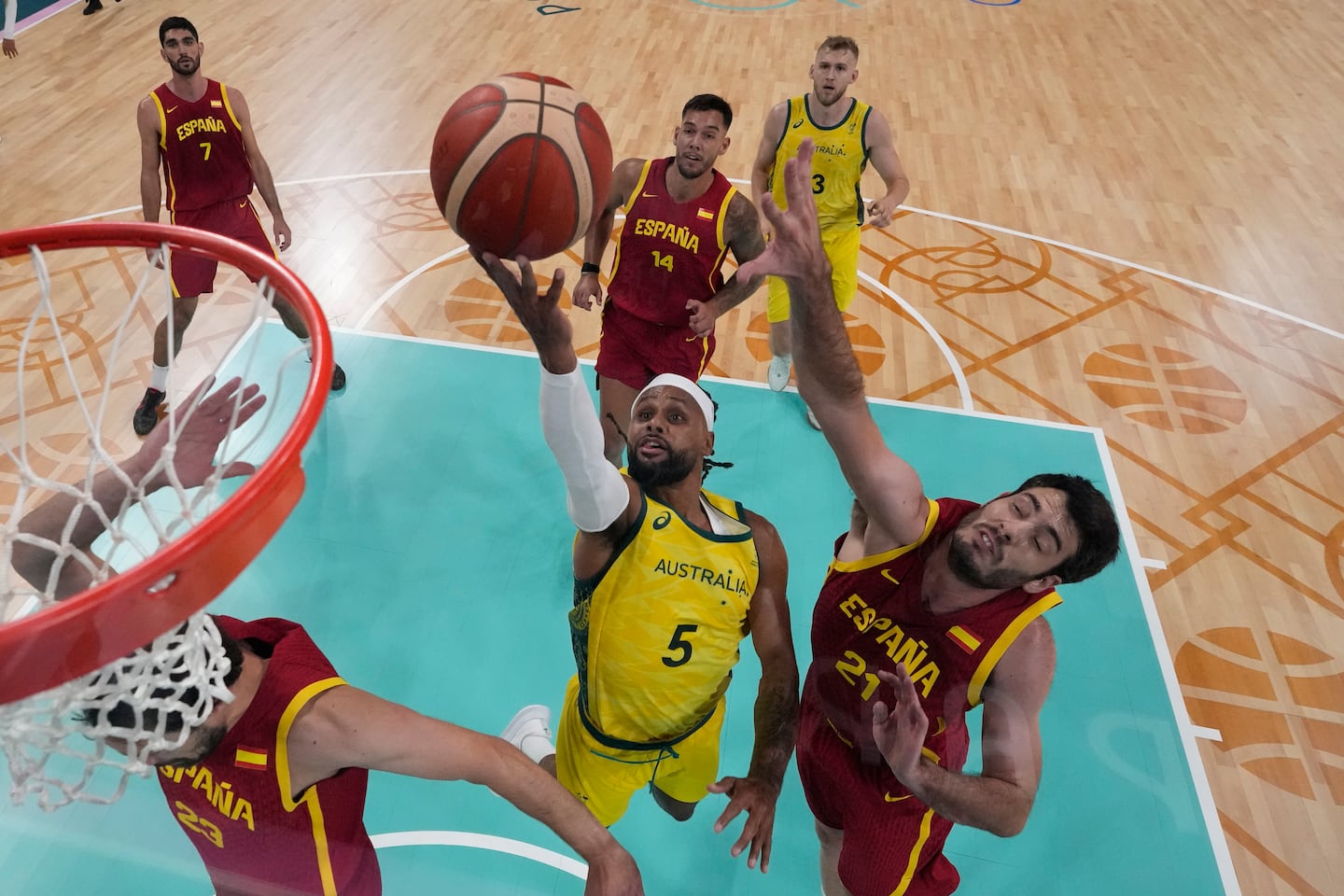 原标题:Playing Pro Evolution Soccer on Mobile: Translation Insights
原标题:Playing Pro Evolution Soccer on Mobile: Translation Insights
导读:
全球化的今天,视频游戏成为跨越国界的文化桥梁,其中《职业进化足球》(PES)深受全球足球迷喜爱。随着游戏向移动平台扩展,确保不同语言玩家体验真实、沉浸感至关重要。文章探讨了将P...
**Playing Pro Evolution Soccer on Mobile: Translation Insights**

**Introduction**
In today's globalized world, video games have become a universal language that transcends borders and connects people from all walks of life. One such game that has captured the hearts and minds of football (soccer) enthusiasts around the globe is Pro Evolution Soccer (PES). As PES expands its reach to mobile platforms, ensuring an authentic and engaging experience for players in different languages becomes paramount. This article delves into the intricate process of translating PES for mobile devices, exploring the challenges, strategies, and insights gained along the way.
**The Global Appeal of PES**
Pro Evolution Soccer has long been a staple among football simulation games, known for its realistic gameplay, detailed graphics, and immersive atmosphere. With the rise of mobile gaming, the franchise has sought to bring the same level of quality and excitement to smartphones and tablets. However, translating a game as complex as PES into multiple languages requires careful consideration and expertise.
**Localization Challenges**

1. **Technical Limitations:**
- Mobile devices come with their own set of technical constraints compared to consoles or PCs. Translators must work within these limitations to ensure that text fits within UI elements without compromising readability.
- Additionally, optimizing performance and maintaining consistent frame rates across various devices can be challenging, especially when dealing with larger text strings in languages like German or Japanese.
2. **Cultural Nuances:**
- Football terminology varies significantly between regions. For example, "football" is used in most countries, while "soccer" predominates in North America. Translators must be aware of these differences to maintain authenticity.
- Jargon and colloquialisms related to football also need to be localized appropriately. A phrase like "offside trap," commonly understood by English-speaking fans, might not make sense in other languages without proper context.
3. **Legal Considerations:**
- Licensing agreements often dictate how player names, team logos, and other intellectual properties are used. Translators must adhere to these guidelines strictly, which can sometimes lead to creative solutions when direct translations are not possible.
4. **Community Feedback:**
- Engaging with local communities through forums, social media, and beta testing programs helps gather valuable feedback on translations. This ensures that the final product resonates well with target audiences and addresses any cultural discrepancies.
**Translation Strategies**
To overcome these challenges, translators employ several strategies:

1. **Collaborative Efforts:**
- Working closely with native speakers who are passionate about football ensures that translations are accurate and culturally relevant. These experts provide invaluable insights into regional dialects, slang, and expressions unique to each market.
2. **Dynamic Text Sizing:**
- Implementing dynamic text sizing allows UI elements to adjust automatically based on the length of translated strings. This prevents issues like overlapping text or truncated phrases, enhancing overall user experience.
3. **Contextual Understanding:**
- Going beyond literal translations, translators immerse themselves in the context of each phrase or sentence. This involves researching specific scenarios within matches, understanding commentary styles, and even watching live games to capture the essence of real-life broadcasts.
4. **Continuous Improvement:**
- Post-release updates and patches are crucial for addressing any overlooked translation errors or inconsistencies. Ongoing collaboration with community members helps refine translations over time, making the game more enjoyable for everyone involved.
**Case Study: Translating Commentary**
One particularly interesting aspect of translating PES for mobile is handling commentary. Commentary provides a lifelike atmosphere during gameplay but presents unique challenges due to its dynamic nature:
1. **Scripting Versus Spontaneity:**
- Commentators in football matches often improvise based on what happens on the field. Translating scripted lines requires striking a balance between preserving the original tone and allowing room for spontaneous reactions.
2. **Voice Acting Considerations:**
- Finding voice actors who can convincingly deliver lines in a foreign language while capturing the energy and excitement of live commentary is no easy task. Cultural sensitivity training and familiarity with football jargon are essential qualities for these roles.

3. **Regional Variations:**
- Different regions have distinct commentary styles. For instance, South American commentators are known for their passionate delivery, while European commentators tend to be more reserved. Adapting commentary to reflect these regional nuances enhances immersion.
**Impact on Player Experience**
Effective localization goes beyond mere translation; it transforms PES into a personalized experience tailored to individual markets. Players feel more connected to the game when they see familiar terms, hear commentary in their native tongue, and interact with menus designed for their specific needs. This sense of belonging fosters a stronger bond between gamers and the virtual world of PES.
**Conclusion**
Translating Pro Evolution Soccer for mobile platforms is a complex yet rewarding endeavor. It requires a deep understanding of both the game itself and the diverse cultures it aims to serve. By employing innovative strategies and leveraging community input, developers can create a truly global experience that transcends linguistic barriers. As technology advances and new markets emerge, the importance of robust localization efforts will only continue to grow, ensuring that the magic of PES reaches every corner of the world.
 原标题:Playing Pro Evolution Soccer on Mobile: Translation Insights
原标题:Playing Pro Evolution Soccer on Mobile: Translation Insights








还没有评论,来说两句吧...